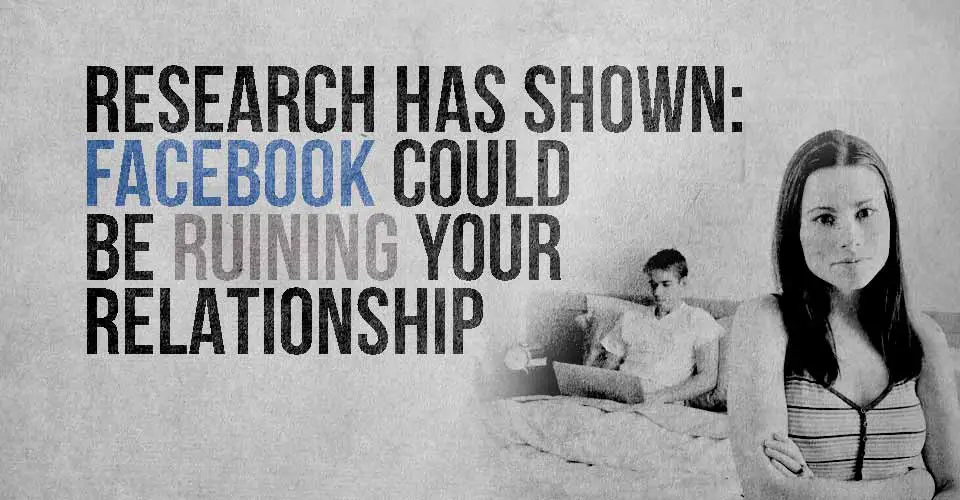Whether Facebook grows or ends your relationship is based on how you use it. The increasing popularity of Facebook has affected how we communicate with our significant others.
Buy an “Intelligence is sexy” t-shirt!
A study conducted by the University of Guelph in 2009 has concluded that Facebook makes “unique contributions to the experience of jealousy in romantic relationships.”
Facebook presents so many challenges to committed relationships, it’s not that Facebook is the creator of these problems, it’s just a portal by which issues can develop that have the power to shatter a relationship.
A team of researchers, including professors from Boston University and the Catholic University of Chile, have evaluated data from the United States that compared divorce rates in each state with Facebook penetration. Their findings suggested that time spent on social network sites such as Facebook could be an indicator of a failing marriage. More specifically, that, heavy use of social networks, specifically Facebook is “a positive, significant predictor of divorce rate and spousal troubles.” Also, some studies concluded that people who don’t use Facebook reported being 11.4 percent happier with their marriage than heavy users. Heavy users were 32 percent more likely to think about leaving their spouse, compared with 16 percent for a nonuser.
The University of Texas at Austin did a survey of married people and have found that couples who spent more time on social network sites reported lower levels of marital happiness, compared to the people who spend comparatively less time on social media networks.
Online Cheating:
You could be in a serious relationship with somebody and be carrying on an online relationship with another individual while keeping it a secret. Research has shown that the privacy component of social networking sites allows for individuals to engage easily into online cheating.
Jealousy:
Jealousy is a killer of relationships and it’s more prevalent when it comes to online cheating. Who wouldn’t get jealous finding their partner tagging their ex in a wall post, or even liking the posts of their ex? Your partner could be conversing with someone of the opposite sex about something, and no matter what it might be, the first thing you feel is jealousy. Research conducted by Utz & Beukeboom has found that individuals who previously did not engage in checking the social networking site of their significant other, now engage in this activity due to the secrecy aspect. Something as simple as seeing your partner leave comments on the Facebook wall of an attractive member of the opposite sex can induce jealousy. Having access to their partner’s profile provides people with information they did not have before: like their partner’s previous love story, pictures with their ex, even friends of the opposite sex. All of these have chances for increasing jealousy between the couples.
Read: 10 Things You Could Do With the Time You Spend on Facebook Every Day
Excessive time on Facebook can harm your relationships:
By spending more time in Facebook, you are putting your relationship at stake because you don’t get much quality time to spend with your spouse. A study conducted by the University of Missouri-Columbia has found that excessive Facebook usage was associated with negative relationship outcomes like cheating and break-up.
On Facebook, we tend to disclose way more information about ourselves than we would do in face-to-face interactions. This might turn out bad if your partner comes across something that you have hidden from them. That is just as bad as cheating in some cases.
Read: This Video Shows How Social Media Is Killing Your Relationship
Some studies have even found that some people get jealous because of their partner’s Facebook profile lacks info on the relationship. Things, like leaving your relationship status unchecked or not having pictures of your partner on your wall, can cause feelings of jealousy and relationship dissatisfaction. But how much is too much? Another study showed that individuals who post highly disclosing statuses about their relationships are liked less by others.


